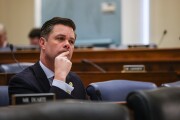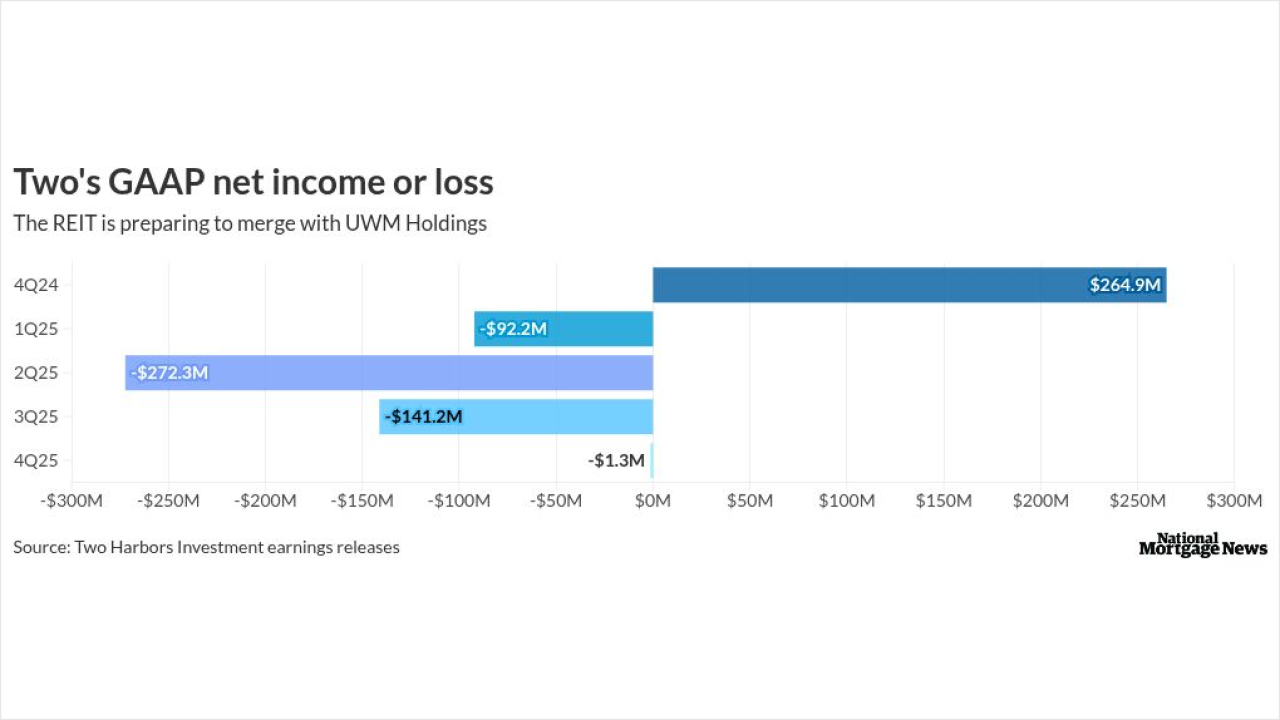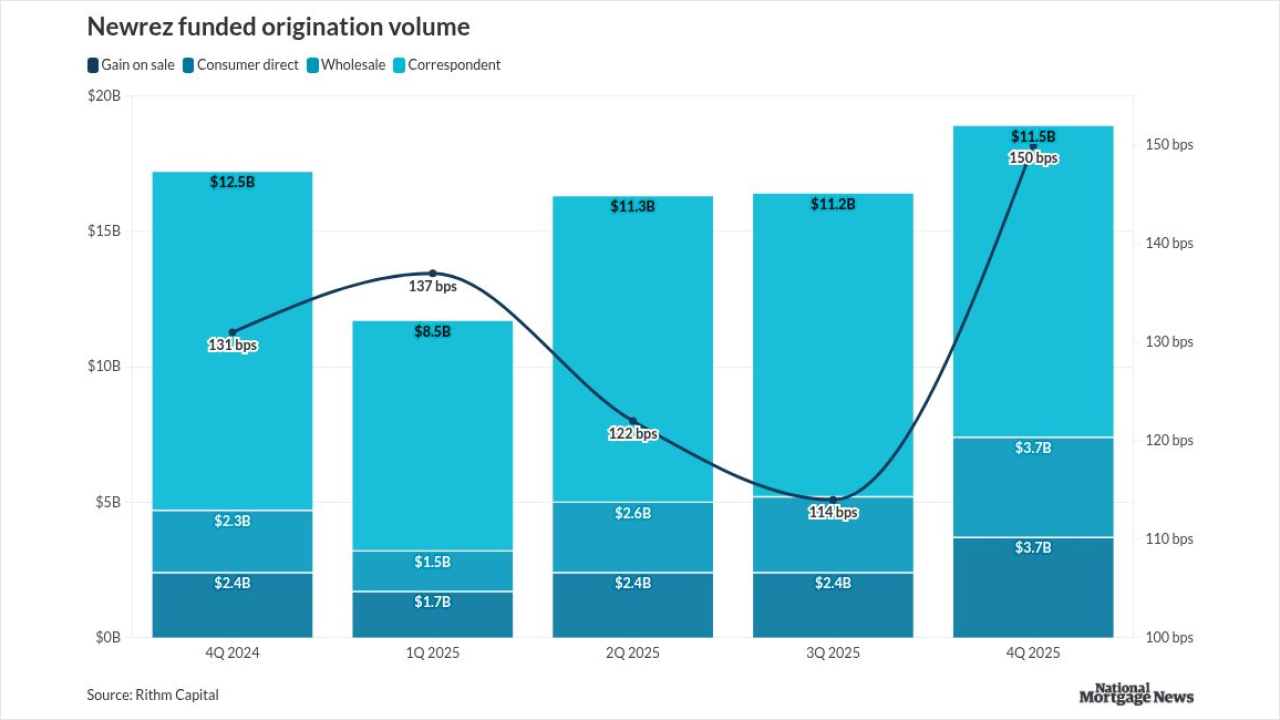
Federal Reserve Gov. Christopher Waller said the central bank is not looking to intervene in the Treasury market despite a recent dampening in demand for U.S. debt.
Long-term bond yields are surging for the second time in as many months, with rates on the 10-year notes climbing two basis points — to 0.2 percentage points — since the start of the week. Fears about this trend were amplified by weak demand in a Treasury auction for new debt on Wednesday.
These developments have reignited concerns that arose during a bond market sell-off in April, which followed the rollout of President Donald Trump's
"The markets are watching the fiscal policy, the bill being put through the House and the Senate and they have some concerns about whether it's going to be reducing the deficit," Waller said during an appearance on Fox Business Thursday morning. "We ran $2 trillion deficits the last few years, this is just not sustainable, so the markets are looking for a little more fiscal discipline."
Like other
Thursday morning, the
Because government bonds are used as a baseline for pricing mortgages and other loans, rising Treasury yields tend to elevate private market rates. While this can restrict economic activity, there is little the central bank can do about it. The Fed's primary monetary policy tool, the federal funds rate, affects short-term interest rates, which have a minimal effect on longer term rates.
Waller noted that the Fed is prohibited from participating in the Treasury's debt auctions to keep rates low.
"As far as the Fed, no. We can't step in and buy at the primary auction," he said. "Congress set up the rules. We cannot do that."
Waller added that he does not expect the Fed to cut its policy rate until this summer at the earliest. He said he wants to see how trade policy develops after the end of the 90-day pause on reciprocal tariffs, which expires in early July.
But, Waller said he has grown more optimistic about the outlook on trade, crediting Treasury Secretary Scott Bessent's ability to strike deals with the U.K. and China as a sign of promise for the months ahead.
"I'm much more optimistic now than I was a month ago that we are going to be able to get a decent … average tariff across the world," he said. "Once Secretary Bessent took over, started cutting these deals — it sounds like there's a lot more on the table — that's all good news for the economy."




